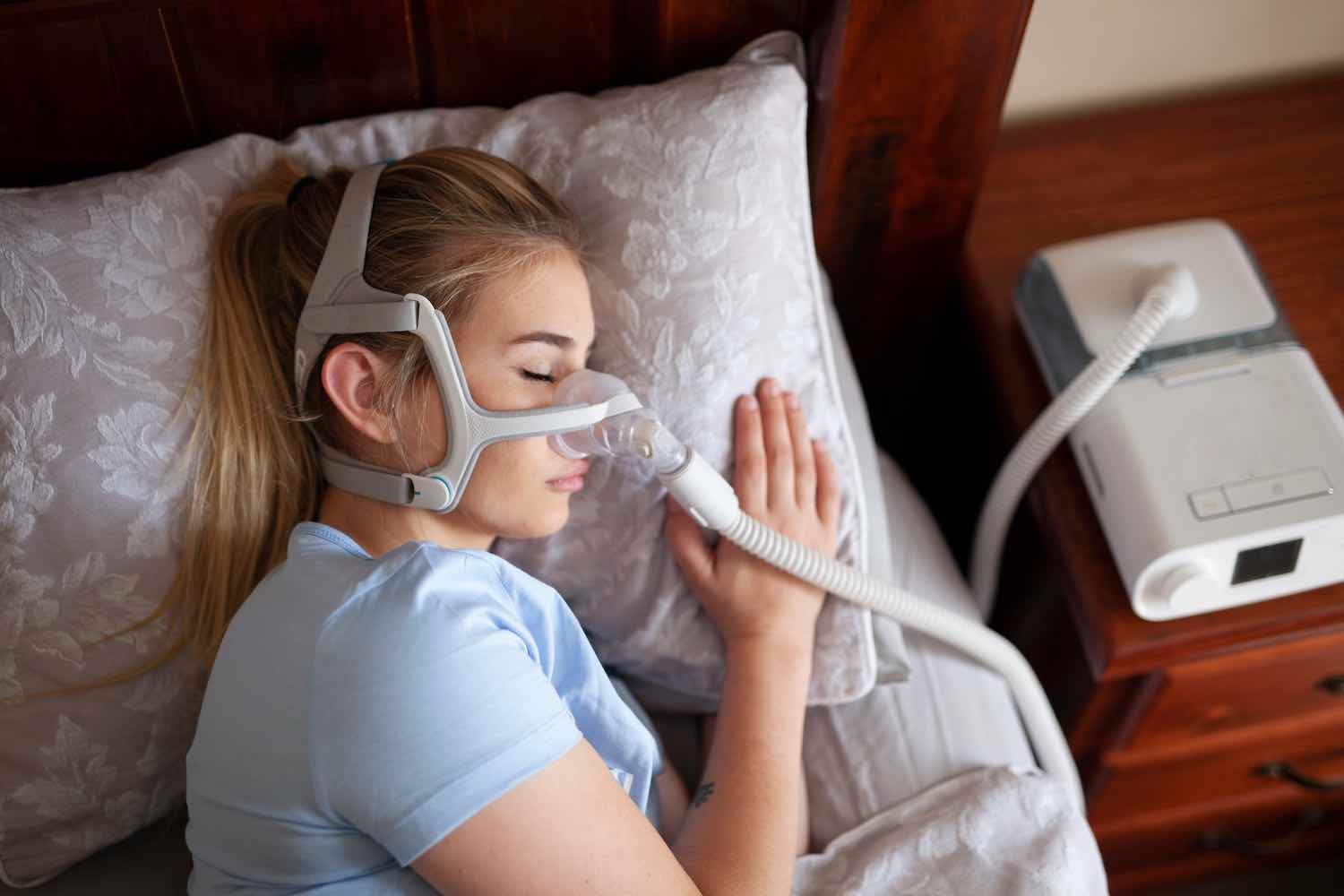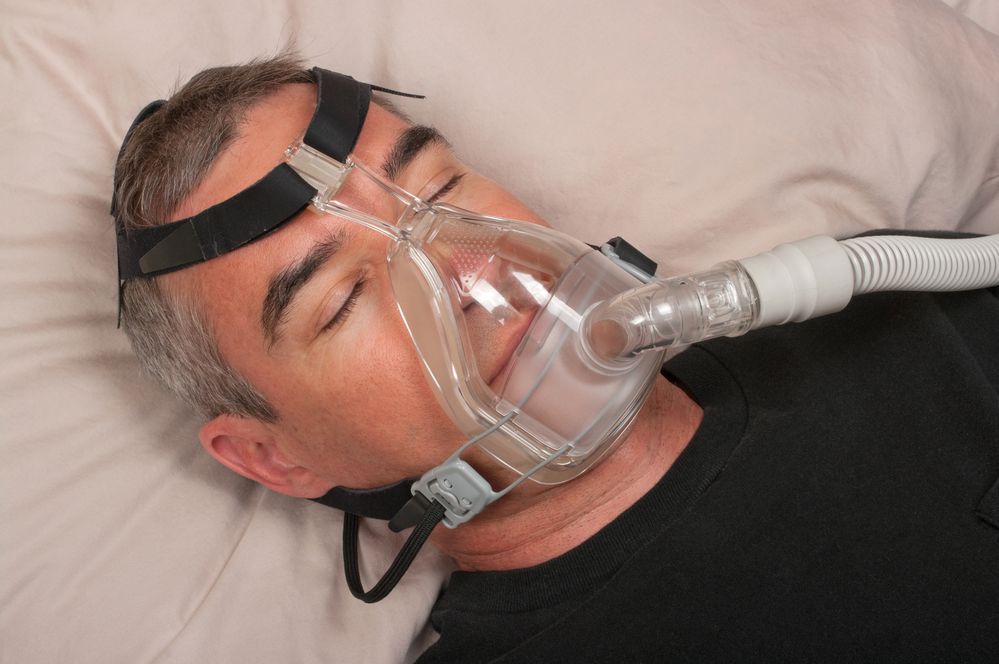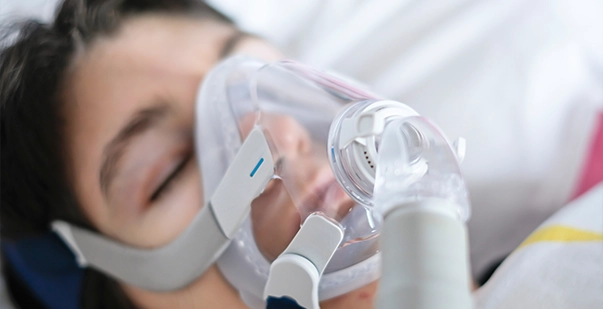Bipap vs. CPAP: Which Is the most effective for Your Rest Condition?
When browsing the complexities of rest disorders, the choice between BiPAP and CPAP therapy is an essential factor to consider. While CPAP provides a stable air movement suitable for obstructive rest apnea, BiPAP's twin pressure setups may enhance convenience for those with even more detailed respiratory concerns.
Understanding Sleep Disorders
Rest problems incorporate a variety of problems that disrupt normal rest patterns, influencing both the high quality and period of rest. These conditions can show up in different types, including sleep problems, sleep apnea, narcolepsy, troubled leg disorder, and parasomnias. Each condition presents unique difficulties, commonly leading to considerable daytime fatigue, cognitive problems, and emotional disruptions.
Insomnia is characterized by trouble dropping or staying asleep, while rest apnea involves duplicated disruptions in breathing during sleep, frequently leading to fragmented rest. Narcolepsy, on the other hand, is noted by too much daytime drowsiness and unexpected rest assaults. Restless leg syndrome causes unpleasant experiences in the legs, motivating an unmanageable urge to relocate them, which can likewise hinder the capability to sleep.
The effect of sleep conditions expands past private wellness, influencing overall productivity, partnerships, and top quality of life. Recognizing the particular nature of each problem is crucial for reliable diagnosis and therapy. As rest health and wellness ends up being increasingly recognized as an essential element of overall well-being, attending to these conditions is crucial for enhancing both sleep high quality and everyday performance.
Just How CPAP Works
Continuous Favorable Airway Stress (CPAP) therapy is regularly employed as a primary treatment for obstructive rest apnea (OSA) The mechanism of CPAP includes using a device that provides a stable stream of air via a mask put on throughout rest. This air movement maintains positive pressure in the airway, avoiding the collapse or blockage of the throat that can take place during sleep.
When an individual inhales, the CPAP equipment offers a continual circulation of air, making sure that the respiratory tract stays open - BiPAP Rental. This not only reduces the signs and symptoms of OSA, such as snoring and interrupted rest patterns, yet likewise lowers the connected health dangers, consisting of cardiovascular issues and daytime exhaustion
The pressure setups on a CPAP device can be personalized to fulfill specific patient demands, typically figured out via a sleep research. People generally undertake titration researches to locate the optimum pressure degree for their unique condition. Routine follow-up and modifications may be necessary to ensure performance and comfort. Overall, CPAP therapy has actually been revealed to dramatically enhance the quality of rest and general health and wellness for individuals suffering from obstructive sleep apnea.
Just How BiPAP Functions
BiPAP, or Bilevel Positive Respiratory Tract Stress, is a customized type of non-invasive air flow that is specifically useful for people with problems such as complex rest apnea or respiratory system conditions. Unlike CPAP, which delivers a continuous stream of air at a solitary pressure, BiPAP gives 2 distinct pressure setups: a greater inspiratory pressure for inhalation and a reduced expiratory stress for exhalation. This dual-pressure approach allows for easier breathing, reducing the initiative needed during exhalation.
The device operates through a mask fitted over the nose or mouth, attached to an equipment that produces air pressure. When the individual inhales, the equipment delivers the greater stress to aid with airflow, guaranteeing that the airway remains open. Upon exhalation, the maker instantly decreases the pressure, making it a lot more comfy for the client to take a breath out.

Key Distinctions Between BiPAP and CPAP

On the other hand, BiPAP (Bilevel Favorable Air passage Stress) provides 2 various pressure setups: one for inhalation and a lower one for exhalation. This dual pressure system permits more comfortable breathing, specifically for people who have problem with exhaling versus a continual pressure. BiPAP is frequently advised for individuals with complex sleep apnea, persistent obstructive pulmonary disease (COPD), or those that require additional support throughout sleep.
Moreover, the intricacy of BiPAP gadgets commonly leads to a higher expense and calls for extra cautious titration than CPAP. BiPAP Rental. Comprehending these vital differences can help in recognizing which device may be a lot more appropriate for certain rest disorders, establishing the groundwork for informed therapy decisions
Picking the Right Therapy
The decision between BiPAP and CPAP treatment mainly hinges on the specific attributes of the sleep condition, the person's overall wellness, and their comfort with the tool. CPAP, which delivers a continual stream of air, is typically prescribed for obstructive sleep apnea (OSA)
Alternatively, BiPAP offers two levels of pressure: one for breathing and a reduced one for exhalation. This twin stress system is beneficial for clients with intricate sleep apnea or those who experience trouble breathing out versus a continual stress. Additionally, BiPAP is commonly recommended for people with respiratory conditions, such as chronic obstructive lung Check This Out illness (COPD), where varying pressure setups can enhance convenience and conformity.
Ultimately, a thorough assessment by a rest specialist, consisting of a sleep study, can aid figure out site link which therapy lines up best with the individual's requirements. Aspects such as comfort, convenience of use, and certain clinical problems must likewise be taken right into factor to consider to maximize therapy outcomes.
Verdict
In recap, both BiPAP and CPAP serve distinct purposes in the monitoring of rest problems. CPAP works for obstructive rest apnea via consistent air movement, while BiPAP provides twin pressure setups that improve convenience for those with complicated sleep apnea or respiratory issues. The choice in between these treatments ought to be assisted by specific requirements and problems, necessitating a comprehensive evaluation by a rest specialist to make sure optimum treatment outcomes and improved top quality of sleep.

Overall, CPAP treatment has actually been revealed to considerably improve the quality of rest and general wellness for people suffering from obstructive rest apnea.
BiPAP is typically recommended for people with complex rest apnea, chronic obstructive lung illness (COPD), or those that need additional support during sleep.
CPAP is effective for obstructive sleep apnea with constant air movement, while BiPAP uses dual pressure settings that improve convenience for those with intricate sleep apnea or respiratory system problems.